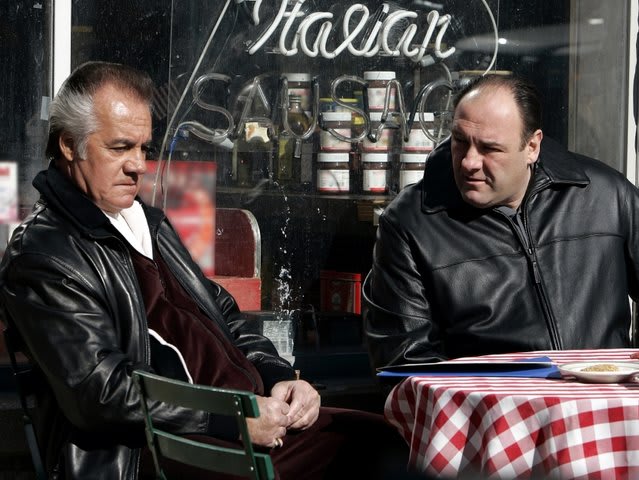


I have family in Bensonhurst and Bay Ridge too (and some in Dyker Heights now) though a lot of them have also moved to Jersey and Florida too. I lived in Gravesend for a while, and Bath Beach. Within my family and most of the neighborhoods it was almost always pronounced with a G sound though.Īnd yeah, though I usually hear "ming" when used within conversation (things like "Ming, did you see the ass on that girl?" or "I drank so much last night, ming my head is killing me!") something like the example you gave of a one word exclamation is sometimes pronounced fully like you said (and fast like you said in the original post). Yeah I guess I actually have heard some people pronounce the C in vafanculo (I've even heard some people pronouce the O at the end, but most of them were actually from the old country. We also say radiator like Phil in my family. Minchia is definitely used the way Americans would say 'shit' but actually translates to "balls" or male genitalia in general, and in Brooklyn we pronounce it more like "ming". The phrase for shut up is pronounced "stata zi'" and is a bastardization of the Italian "sta 'zitto" which basically means 'stay silent'. Vafanculo is pronounced "vafangool" the C sound is more like a G (cappicola is gabbagool, ricotta is rigawt, etc.) This is again more common for people of Sicilian and southern Italian descent. Like in mozzarella which is pronounced kinda like mutz-a-dell'. The pronunciation of Madon' varies, sometimes it sounds more like a D sometimes more like an R (this is partially due to the Italian trilled R, which sounds like a fast D. You're right about leaving off the last syllable, this is common for Italian Americans, particularly Sicilian and southern Italian descendants. There is a lot of variation, but certain things I can say for sure you wouldn't hear the way you wrote from NY Italians). Some utterances sound close to a standard d, some are much farther off.Ĭlose but I'd clarify a few details (none of this is 100% as a rule, but my family is Sicilian and I grew up in Italian neighborhoods in Brooklyn and Queens, which is the source for the info I've written below. The result is a sound that technically isn't an r or a d, but our minds need to parse it in some way, so they go "well that's pretty close to an r so let's just hear an r." If you listen closely on the show, there's a lot of minor variation. So why does the so-called d in madone sound like an r? When some Italian-Americans pronounce it, they modify the standard English articulation for d by either pressing the tongue a little farther back (closer to the palate), not fully stopping the airflow, or both. Crucially, the tongue hits just hard enough to disrupt the airflow (this is called a stop) and it's pronounced while vibrating the vocal cords (this is called voiced).Īn r in English is also voiced and it's also formed by pressing the tongue toward the top of the mouth, except instead of compressing the air at the alveolar ridge, you do it farther back, at the palate - hold an r sound and feel where your tongue is - and the airflow isn't fully stopped, it's just sort of pinched off ( glide). The tip of your tongue hits the top of your mouth at a spot right behind the teeth called the alveolar ridge. To understand why it sounds like marone, first let's think about how you make a d sound. Ok so it's definitely madon' because it's a shortening of madonna mia.


 0 kommentar(er)
0 kommentar(er)
